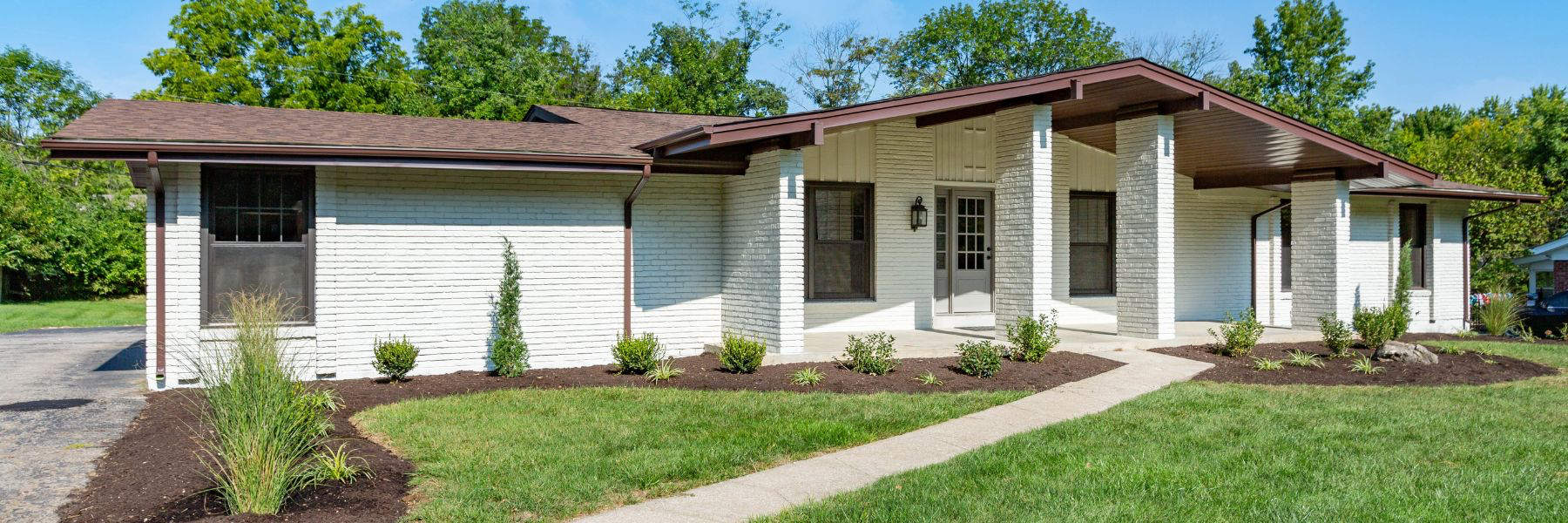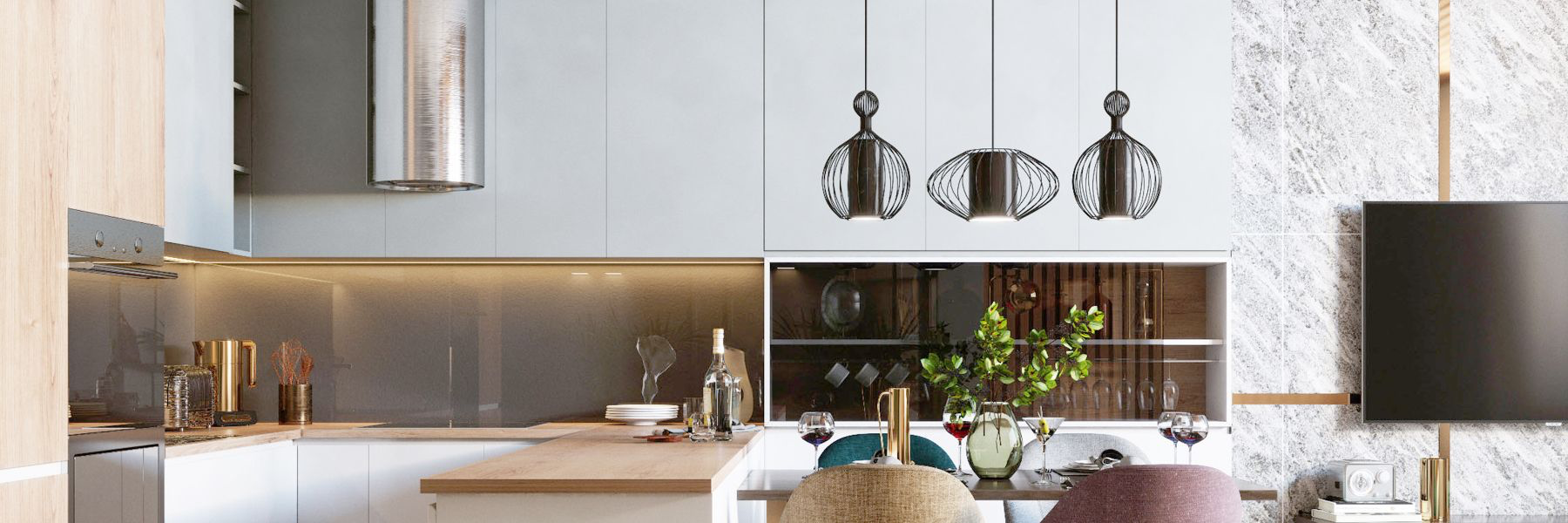4 Types of Mortgage Loans for Homebuyers

Buying a new home is one of the biggest purchases you'll make in your life! It's an exciting time, but it can also be very stressful too. There are many moving parts to purchasing a home and many steps for a homebuyer to do before signing the dotted line to their dream home.
One of the steps is to decide which mortgage loan is for you. But, how can you be sure which one is perfect for you? Doing your research before moving forward can be a deciding factor in possibly keeping money in your pocket. And knowing which loan you are getting you'll know what to expect and what terms go into that specific loan.
Types of Mortgages
- Conventional Loan
- Fixed-Rate Mortgage
- Adjustable-Rate Mortgage
- Government-Insured Loan

Conventional Loan
A conventional loan is the most common type of mortgage. They are not part of the US government programs, which can make it more difficult to qualify than a government-back loan such as an FHA, VA, or USDA loan.
With a conventional loan, you will need to make a down payment as low as 3%. Or if you have owned a property within the last 3 years, you'll have to put at least 5% down. However, if you do not put at least 20% down you will be paying PMI (Private Mortage Insurance).
Pros of Conventional Loan
- Many Choices in Mortgages: You can choose either a fixed-interest rate or an adjustable-rate mortgage.
- Sellers can Contribute to Closing Cost
- Control over Mortgage Insurance: If you have PMI payments, after your home equity reaches over 20% or refinance, those payments will automatically stop.
- Can be used with a primary, secondary, or investment property.
Cons of Conventional Loan
- Must have a minimum FICO score of at least 620 or higher
- Must have a DTI (debit-to-income) of no more than 43%.
- Higher down payment than government loans.
- If you have foreclosures or bankruptcies it will take longer to get approved for a conventional loan.

Fixed-Rate Mortgage
A fixed-rate mortgage keeps the same interest rate throughout the entirety of the loan. Your monthly mortgage payment will remain the same throughout the whole loan. This loan is typically 15, 20, or 30 years.
Is a fix-rate mortgage right for you? If you are going to stay in your new home for 5-7 years and want your monthly payment to remain the same, a fix-rate mortgage might be perfect for you!
Pros of Fixed-Rate
- Predictability: You will know exactly how much interest and how much your monthly payments are for the entirety of the loan.
- A more affordable monthly payment because they can spread out between 30 years.
- Make budgeting very easy.
- Great for first time home buyers.
Cons of Fixed-Rate
- It is harder to qualify for.
- You will be paying more interest.
- Typically can not be customized.

Adjustable-Rate Mortgage
An adjustable-rate mortgage or an ARM is a mortgage that interest rates fluctuate depending on the market. The way this works is many of them start off with a fixed interest rate and after a few years, they will begin to change for the remainder of the loan.
For example, a 7-year/6-month loan means the interest rate will remain the same for the first 7 years, but after that will change every 6 months.
Is an adjustable-rate mortgage right for you? With the flexibility of this type of loan, it is a good idea if you are going to sell your home within the next couple of years this could be for you! You can enjoy the lower fixed-rate period and sell before the adjustable rate period.
Pros of Adjustable-Rate Mortgage
- Your payments could decrease
- Low payment for the fixed-rate portion
- Payment Cap: there is only so much your interest rate can change each time and also how much it changes over the course of the loan.
Cons of Adjustable-Rate Mortgage
- Monthly payments could increase during the adjustable period.
- This type of mortgage is more complicated than the others because it is constantly changing, with complex rules, and fees that are associated with it.

Adjustable-Rate Mortgage
An adjustable-rate mortgage or an ARM is a mortgage that interest rates fluctuate depending on the market. The way this works is many of them start off with a fixed interest rate and after a few years, they will begin to change for the remainder of the loan.
For example, a 7-year/6-month loan means the interest rate will remain the same for the first 7 years, but after that will change every 6 months.
Is an adjustable-rate mortgage right for you? With the flexibility of this type of loan, it is a good idea if you are going to sell your home within the next couple of years this could be for you! You can enjoy the lower fixed-rate period and sell before the adjustable rate period.
Pros of Adjustable-Rate Mortgage
- Your payments could decrease
- Low payment for the fixed-rate portion
- Payment Cap: there is only so much your interest rate can change each time and also how much it changes over the course of the loan.
Cons of Adjustable-Rate Mortgage
- Monthly payments could increase during the adjustable period.
- This type of mortgage is more complicated than the others because it is constantly changing, with complex rules, and fees that are associated with it.
Categories
Recent Posts











